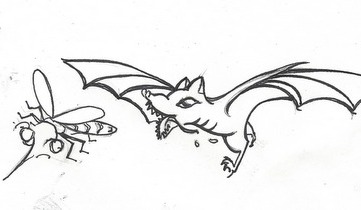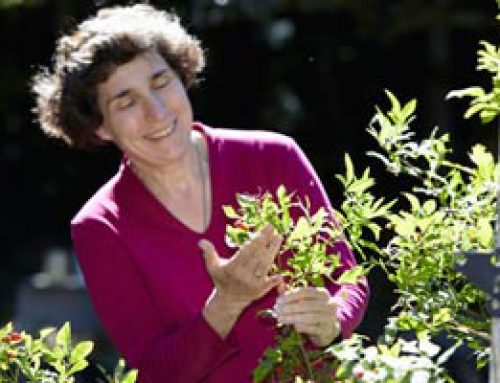Join us for a bat count at the Local Farm barn in Cornwall, CT
Saturday evenings; May 13, June 10, July 15, Aug 12, and Sept 9; we’ll watch the evening bug zappers come out on their shift of mosquito and moth patrol. Starting with a 6:30 campfire pot-luck supper, the official watch and bat count will begin around 7:30. Feel free to attend the whole evening or any part. Please register below or contact Debra@motherhouse.us or 860-671-7954 to let us know if you are coming.  Bats play an important role in agriculture by eating thousands of insects that damage crops and/or carry disease. Recently, their numbers have been decreasing dramatically. At Local Farm, we have an established bat colony living in the peak of the barn. By establishing a regular bat count, we’ll be able to assist scientists in understanding how bats live.
Bats play an important role in agriculture by eating thousands of insects that damage crops and/or carry disease. Recently, their numbers have been decreasing dramatically. At Local Farm, we have an established bat colony living in the peak of the barn. By establishing a regular bat count, we’ll be able to assist scientists in understanding how bats live.
The data we collect will be sent to our local DEEP Wildlife Division of Connecticut, which will help them receive federal funding for their future efforts. If you’d like to read up ahead of time, the informative suggestions of New Hampshire bat enthusiasts are readily available on-line.
For more information on starting your own bat-count, please contact the DEEP Bat Program at (860) 675-8130, or send them an email at deep.batprogram@ct.gov.
Part of the bats’ demise may be because of loss of habitat. As we use better bat-proof house-building strategies and closely manage our woodlots to eliminate diseased and hollow trees, we severely decrease the bats’ choice living places. Last summer, to help alleviate the BAT housing shortage, workshop participants and Camper Eureka campers built bat houses. Each house has enough room for 14 bats. Use the sheet-rock screws to attach your bat house on the sunny east or south-facing wall of your home, 15 feet off the ground. It will provide a comfy place, other than in one’s attic, for bats to live. Mother bats and their pups like to hangout in colonies. Adult males live alone.


Leave A Comment